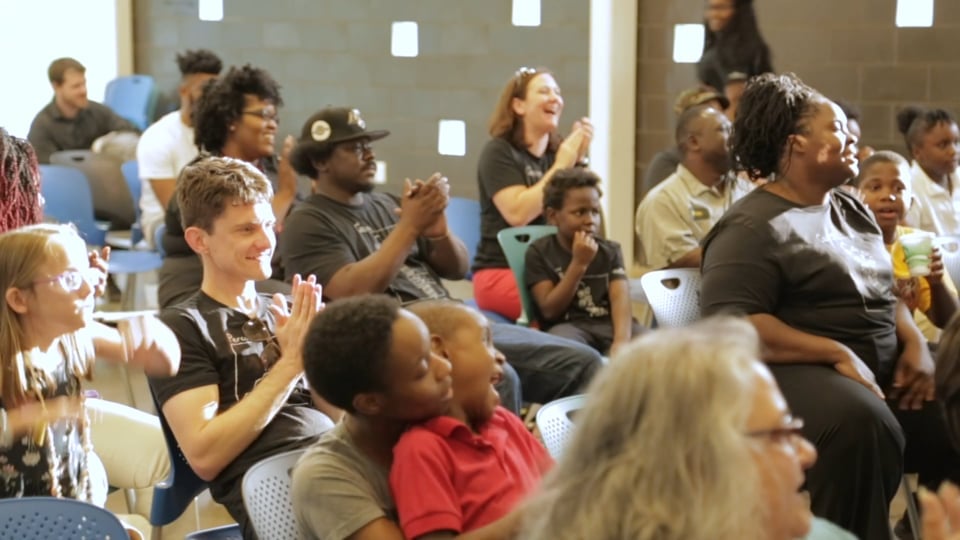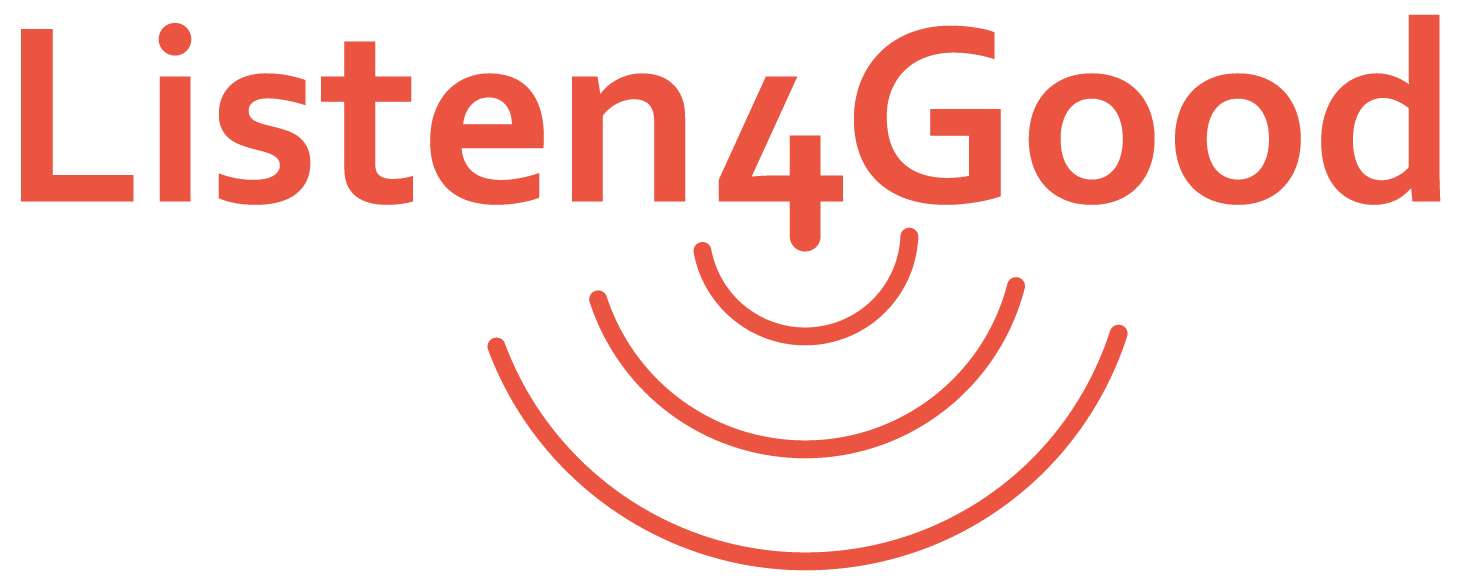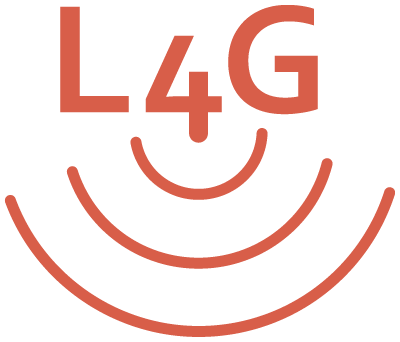- Articles & Blogs
Amplify your Impact with High-quality Listening and Feedback: New Core Principles
January 22, 2025
- Advancing Equity
- Feedback Basics
- Feedback Best Practices
- Power and Equity

This blog was originally published by Candid
- Megan Campbell (she/her), Cesar Del Valle (he/him), and Valerie Threlfall (she/her)
- January 22, 2025
Nonprofits and grantmakers alike increasingly recognize that listening to their ultimate constituents is essential to their mission. They understand that hearing directly from the people most affected by their work–and making changes to their programs and practices based on that feedback—increases the impact of their work. Indeed, a recent assessment commissioned by the Fund for Shared Insight found that a growing number of organizations are engaging in listening and feedback practices.
Our own organizations—Feedback Labs, Listen4Good, and Candid—have seen first-hand this growing commitment. Since 2016, Listen4Good has helped more than 1,000 nonprofits, in partnership with 140 funders, to strengthen their client feedback practices. And nearly 40,000 nonprofits have shared how they engage constituents in the How We Listen section of their Candid nonprofit profiles since 2019.
We’ve updated the Core Principles of High-Quality Listening and Feedback
Back in 2018, the Irritants for Change—a group of feedback experts and nonprofit rating and information-sharing platforms of which Candid, Listen4Good, and Feedback Labs are all members—created a set of principles to describe what high-quality listening and feedback practices could look like. Since then, important new evidence has bolstered our collective understanding about what these practices entail.
As the conversation has evolved, we’ve seen a growing desire across the sector to align on what matters most when it comes to high-quality listening and feedback practices. The number-one request that Feedback Labs heard from attendees at the 2024 Feedback Summit was for more tangible guidance on how to ensure their listening efforts are effective and equitable.
To support the sector with the most up-to-date guidance, the Irritants decided to update the Core Principles of High-Quality Listening and Feedback. Providing guidance on best practices is foundational to the Irritants’ goals of ensuring nonprofits and grantmakers have the support and encouragement they need to listen well.
What does high-quality listening and feedback look like?
In updating the Core Principles, we drew key insights from research that the Irritants for Change undertook in 2023, leveraging Listen4Good’s extensive dataset. We examined data from hundreds of nonprofits that have participated in Listen4Good’s feedback capacity-building program and, working with a third-party research firm, identified key practices that helped nonprofits gain new insights and bring about programmatic and organizational changes based on client feedback. The updated Core Principles highlight those key practices and more explicitly describe the role equity and inclusion play in high-quality listening and feedback. Overall, the new Core Principles provide more clarity on the practical aspects of implementing high-quality listening and feedback practices.
The eight principles lay out the essential features of high-quality listening and feedback efforts:
- Share power with the people most affected by our work
- Center the voices of people who are least heard
- Commit to action
- Protect constituents
- Lead to continuous reflection, learning, and improvement
- Are transparent and participatory
- Report back to constituents
- Are systematic
You can read more about what each principle means here.
Want to learn more about high-quality listening and feedback?
Getting started with the Core Principles of High-Quality Listening and Feedback is easy. Ask yourself: Which principles do my organization already practice, and which do we want to work on embodying more? The How We Listen section of your Candid profile as well as Listen4Good’s Best Practices guide and the Feedback Quiz can help you reflect in more detail. Share your reflections with your colleagues (and your funders or grantees). What would it take for you to work together to better reflect these principles in your work?
The Irritants have compiled resources to help both nonprofits and funders get started in doing that. To go deeper, consider taking a short online course on the basics of feedback or accessing tailored coaching and web-based tools to build your own feedback system. Funders have an important role to play in helping nonprofit partners access listening- and feedback-related capacity-building opportunities and learning alongside nonprofits. They can also get peer support from like-minded funders as they develop their investments in listening.
Join us on January 29 for a webinar with Candid CEO Ann Mei Chang (and others!) to explore how the Core Principles of High-Quality Listening and Feedback can help nonprofits and funders transform their work. Register for the webinar.

